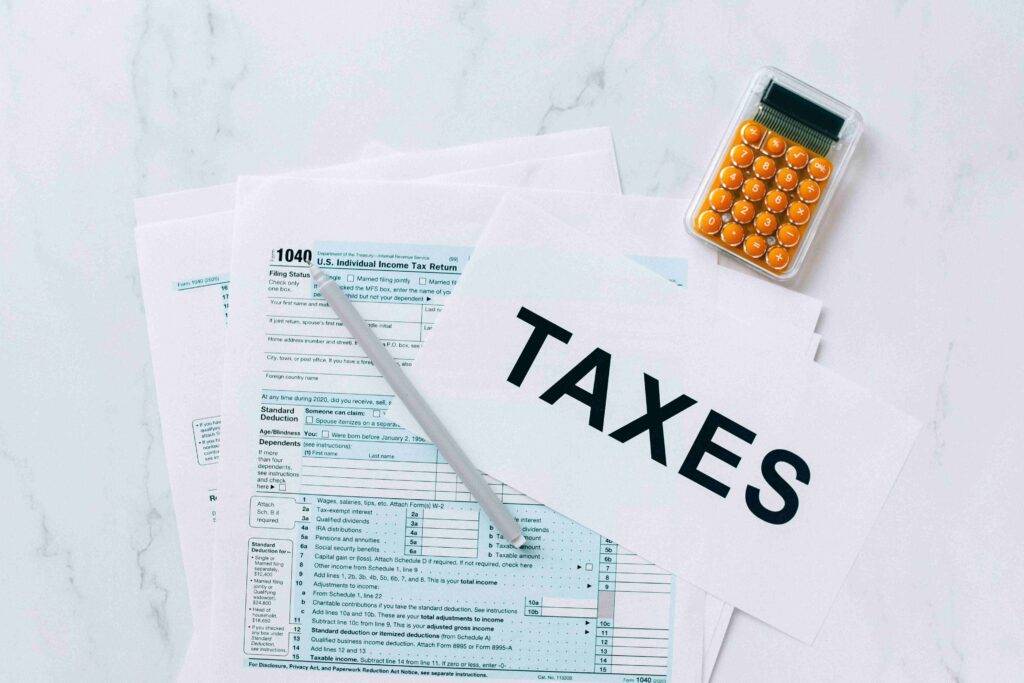Introduction
In the dynamic world of finance, the savvy management of tax liabilities through strategic investments is not just beneficial; it's essential. This guide aims to demystify the realm of tax-saving investments, shedding light on how these choices can significantly enhance your financial health. Anticipate an insightful journey through the top 10 investments for 2024, each a potential key to unlocking substantial tax savings investment.
Understanding Tax-Saving Investments

Tax-saving investments are financial instruments that qualify for tax exemptions, deductions, or credits, effectively reducing your overall taxable income. These vehicles operate within the parameters set by government tax policies, often designed to encourage long-term tax savings investment in specific sectors. Keeping pace with the ever-evolving tax laws and investment trends is critical for maximizing the benefits these instruments offer.
Criteria for Choosing Tax-Saving Investments

The selection of tax-saving investments should be a meticulous process, guided by a balance of risk and reward. Investors need to consider their time horizon – the period they can afford to keep their money invested – and liquidity – the ease with which investments can be converted into cash. Diversification, the practice of spreading investments across various financial instruments, sectors, and geographies, is vital in mitigating risk in a tax-saving portfolio.
Top 10 Investments to Save Tax in 2024
- Investment 1: This could be a government bond or a fixed deposit, offering stable returns with minimal risk. It's ideal for conservative investors who prioritize capital preservation over high returns.
- Investment 2: A balanced mutual fund that combines stocks and bonds could fit here. It offers a moderate risk level and the potential for higher returns, suitable for investors with an intermediate risk appetite.
- Investment 3: Treasury bills or high-grade corporate bonds are examples of low-risk, fixed-income instruments. They are perfect for those seeking stability and predictability in returns.
- Investment 4: This might be a high-risk equity mutual fund or stocks of emerging companies, offering the potential for high returns at a correspondingly higher risk. Suitable for aggressive investors with a long-term tax saving investment horizon.
- Investment 5: A hybrid mutual fund that dynamically balances between stocks and bonds, offering a versatile tax saving investment choice that adapts to market conditions.
- Investment 6: Long-term government securities or pension plans that lock in funds for an extended period but offer growth potential over time.
- Investment 7: Sector-specific funds or tax-saving investments, offering unique tax advantages but may require specialized knowledge to invest wisely.
- Investment 8: Index funds or diversified equity funds that spread tax saving investments across various sectors and companies, minimizing risk while offering balanced returns.
- Investment 9: High-yield bonds or aggressive growth stocks, suitable for investors who are willing to take on significant risk for the potential of substantial returns
- Investment 10: A well-rounded, diversified portfolio of ETFs (Exchange-Traded Funds) that offers a mix of safety, income, and growth potential, catering to a broad investor profile.
Comparative Analysis
A detailed comparison chart will be provided, highlighting the key features of these tax saving investments, such as expected returns, risk level, lock-in period, and specific tax benefits. This will aid investors in making informed decisions that align with their financial goals and risk tolerance.
Case Studies or Success Stories
Real-life examples of individuals or entities that have successfully leveraged these investments for tax saving investment will be shared. These narratives will provide practical insights into the strategic application of these investment vehicles.
Tips for Investors in 2024

Investors are advised to diversify their portfolios to spread risk. Consulting with a financial advisor for customized tax saving investment strategies is highly recommended. Additionally, keeping abreast of changes in tax laws is crucial to ensure that tax saving investment decisions remain effective and compliant.
Potential Risks and Pitfalls
The article will discuss common mistakes, such as overexposure to high-risk investments or neglecting liquidity needs. Practical tips on how to avoid these pitfalls will be provided, guiding investors towards a more secure and fruitful investment experience.
Conclusion
In conclusion, tax-saving investments play a pivotal role in shaping a robust financial plan. By strategically allocating your funds into tax-efficient avenues, you not only optimize your savings but also pave the way for long-term wealth accumulation. Explore the diverse landscape of tax-saving investment options, align them with your financial goals, and secure a brighter future while minimizing your tax liabilities. Make informed choices today for a financially sound tomorrow.
What are tax-saving investments, and how do they work?
Tax-saving investments are financial instruments that offer tax benefits, such as deductions or exemptions, thereby reducing your overall taxable income. These investments work under specific government policies and can include options like retirement accounts, certain mutual funds, bonds, and more. By investing in these vehicles, you can lower your tax liability while potentially growing your wealth.
How important is diversification in tax-saving investments?
Diversification is crucial in tax-saving investments as it helps mitigate risk. By spreading your investments across various asset classes, sectors, and instruments, you reduce the impact of volatility in any single area on your overall portfolio. Diversification not only balances risk but also enhances the potential for balanced growth in your investment portfolio.
Can I access my money easily from tax-saving investments?
The liquidity of tax-saving investments varies depending on the instrument. Some options, like certain mutual funds, may offer relatively easy access to your funds, while others, such as retirement accounts or fixed-term investments, might have restrictions or penalties for early withdrawal. It's important to consider your liquidity needs and understand the terms of each investment before committing your funds.
Are tax-saving investments suitable for all types of investors?
Tax-saving investments can cater to a wide range of investors, but the suitability depends on individual financial goals, risk tolerance, and investment horizon. Conservative investors might prefer low-risk options like bonds, while aggressive investors may opt for equity-oriented funds. It's advisable to consult with a financial advisor to choose investments that align with your specific financial situation and goals.


